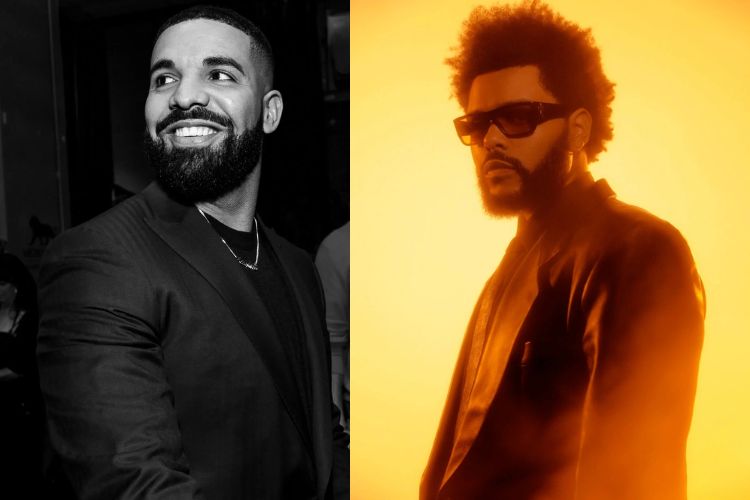The main topic is the debate surrounding artificial intelligence in the music industry.
1. Some believe AI has the potential to be useful for artists, musicians, and producers.
2. Others are concerned about the negative consequences and potential obsolescence if AI is not regulated properly.
3. Chris Lake, a producer and DJ, believes in embracing the benefits of AI but emphasizes the importance of regulation to prevent abuse.
Several music stars, including Selena Gomez, Ed Sheeran, Drake, Lil Wayne, Liam Gallagher, and Grimes, have shared their thoughts on artificial intelligence (AI) and its impact on the music industry, expressing concerns about job security, safety, and copyright protection, while others have shown support or interest in collaborating with AI-generated music.
An AI-generated vocal track of rapper Drake has been submitted for Grammy nomination in two categories, following the Grammys' updated policy allowing music with AI components to be eligible for awards as long as the human-created portion is nominated.
The hit viral song "Heart On My Sleeve," which uses A.I. to replicate the voices of Drake and The Weeknd, would be eligible for Grammy awards for Song of the Year and Best Rap Song, according to the chief executive of the Recording Academy.
AI is a topic of concern and fascination within the music industry, as musicians and composers grapple with the potential benefits and threats it poses to their work, with tools already available that enable the creation of professional-sounding original compositions, but with debates surrounding the authenticity and copyright of AI-generated music.
The Recording Academy has stated that AI-generated songs are not eligible for Grammy consideration, clarifying that although the song was written by a human, the vocals were not legally obtained and the track is not commercially available.
The AI-generated song "Heart on My Sleeve" by Drake is not eligible for a Grammy because the vocals were not legally obtained, cleared by the label or the artists, and the song is not commercially available.
AI-generated track "Where We Belong" creates a unique collaboration between Amy Winehouse and Whitney Houston, combining their distinct styles and showcasing their powerful voices.
High-profile songwriters are meeting with Congressmen to advocate for legislation protecting musicians' copyrights in the face of the rapid rise of artificial intelligence (AI) in the music industry. The industry wants clear legislation that requires permission from copyright holders to use pre-existing songs to train AI for generating new music.
The boss of Spotify, Daniel Ek, stated that while there are valid uses of artificial intelligence (AI) in making music, AI should not be used to impersonate human artists without their consent, but there are debates and challenges surrounding the use of AI in the music industry. Spotify does not allow its content to be used to train machine learning or AI models, and there are increasing concerns among artists about the threat of AI to their profession.
Artificial intelligence will not be awarded for creativity at the Grammy Awards, according to the CEO of the Recording Academy, although AI-assisted songs may qualify for certain categories based on the involvement of human creators and performers.
The CEO of Warner Music Group believes that AI is a positive development for the music industry and suggests creating a system similar to YouTube's Content ID to protect artists from copyright infringement. However, the music industry is divided over AI, with attempts to prevent AI-generated tracks from ripping off signed musicians while dealing with a surge of phony tracks.
Top songwriters behind hit songs by artists like Doja Cat and Jonas Brothers believe that while artificial intelligence (AI) can be a useful tool in the music industry, it cannot replicate the artistry and human emotion that goes into creating music. They see AI as a tool to enhance their creativity, not replace it.
